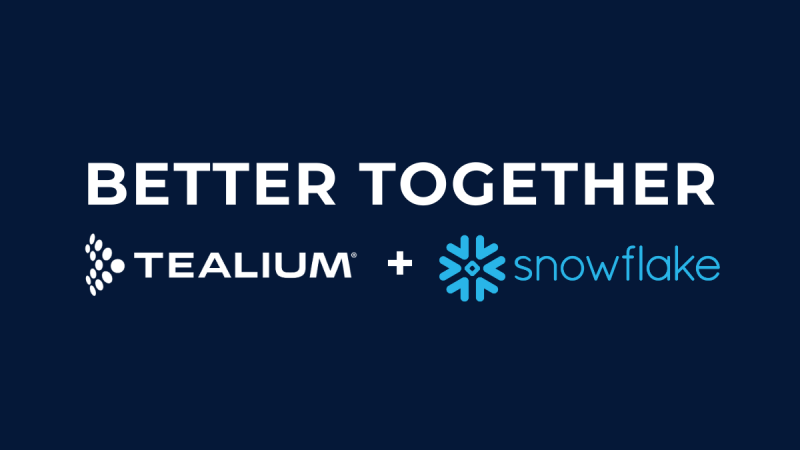Google recently announced that Chrome will no longer deprecate cookies for all users.
Rather than doing a complete removal of third-party cookies across all Chrome browser users, Google now plans to introduce new elevated user controls within the browser to disable/enable third-party cookies.
This shift has marketers wondering if their preparations for cookies’ demise have been for naught. Have they wasted time and resources planning for a cookieless future? Have they transformed their marketing organizations for a world that will never be?
The answer to these questions is a resounding no. Efforts have not been wasted; it remains as important as ever for marketers to have solid first-party data foundations and invest in the right tools and solutions to effectively manage their first-party data as part of cookieless strategies.
Here’s why….
Cookies aren’t completely disappearing from Chrome, but there will be less. Chrome’s elevated ‘User Choice’ will allow users to disable cookies, and when it launches there will likely be a high initial third-party cookie loss rate.
This will decrease the value of third-party cookies. Modeling efforts based on third-party cookies alone will be poorly fit and unreliable. Additional data signals will be needed to offset the loss and to maintain media and marketing performance.
Complex consumer journeys combined with continued shifts toward privacy demand new approaches and a focus on first-party data.
Consumer journeys are becoming increasingly complicated and fragmented. As a result, marketers need to rely on multiple signals versus individual identifiers to be successful.
And as privacy continues to be a top concern of the industry and consumers, high-quality and consented first-party data is paramount.
This means that CDPs and solutions like Tealium as well as cookieless features across activation platforms still play an important role in marketers’ strategies and tech stacks.
The future is here
The reality is that we’re already living in a world where multi-signal approaches and first-party data are key drivers of marketing performance.
Those who’ve started to explore, test, and embrace cookieless solutions in expectation of third-party cookie deprecation should stay the course and continue to diversify their signals and reduce reliance on third-party cookies.
If you haven’t started to evolve your organization, it’s a good time to start. Here are a few ways:
Ramp Up Your First-Party Data Capture
Audit your marketing organizations’ internal data practices with an eye on third-party data usage. Identify where and how you are currently using third-party cookies.
Then shift your focus toward collecting and leveraging first-party data. This could mean enhancing your website to encourage users to sign up for newsletters or creating engaging content that prompts users to share their information.
Centralize & Unify Your Organization’s First-Party Data
Explore Customer Data Platforms (CDPs). CDPs, like Tealium, can help you turn your first-party customer data into a single source of truth, regardless of its source.
This not only helps enable successful and cookieless data activation, but it also helps deliver personalized and compelling customer experiences – all while upholding privacy, consent, and data governance. These are important considerations and outcomes for marketers regardless of the reduction in third-party cookies.
Explore First-Party Data Solutions in Google Marketing Platform
Google features like Enhanced Conversions, Google Analytics 4, Advanced Consent Mode, and Google Tag reduce reliance on third-party cookies and can help scale the value of marketers’ first-party data.
Built with privacy at their heart, these durable solutions support long-term performance especially when used as part of an integrated approach.
Test Cookieless Measurement
Marketers should explore measurement solutions with low reliance on third-party cookies. For example, they should test solutions like marketing mix models, incrementality testing, causal impact studies, and regression-based attribution.
All these approaches can help marketers understand the impact of their efforts on sales and revenue in a world with fewer cookies.
Looking Forward
Ultimately, Google’s decision hasn’t changed the imperative for marketers to adapt.
Prioritizing consented, first-party data and exploring ways to safely centralize and unify your first-party data for successful activation will be key to maintaining marketing effectiveness in the years to come.
Marketers who have already begun this journey are well-positioned to thrive, while those who haven’t should seize the opportunity to evolve their strategies, capabilities, and technology now.







